It’s been a banner year for Vince Carter.
One of the greatest players in NBA history, Carter was voted into the Basketball Hall of Fame in October, had his No. 15 retired by the Toronto Raptors in November, and will have the same honor repeated by the Brooklyn Nets on Jan. 25.
In December, Carter became a minority owner in the Buffalo Bills along with his cousin and former teammate Tracy McGrady, a fellow NBA Hall of Famer, and soccer star Jozy Altidore. Together the three former players own 3% of the team; Terry Pegula owns roughly 80%. In all, the process to get to ownership—from the first time McGrady told him a stake in an NFL team was on the table to official approval—took more than a year.
Before calling the Nets game against the Jazz for YES Network on Dec. 21, Carter, who played in the NBA for 22 seasons, sat down with Front Office Sports to discuss his journey into NFL ownership. This interview has been edited for clarity and brevity.
FOS: Did you always plan to go into sports ownership?
Vince Carter: It was always something I was interested in. I’ve had a couple of meetings with [NBA commissioner] Adam Silver expressing my interest prior to retiring and post-retirement. We had a nice sit-down a couple of times prior to COVID hitting. I just stressed the interest. It wasn’t a particular team at the time, because a lot of teams weren’t available yet, but if a situation came about, [I’d like] to be considered to be a part of a group and see if it works. And if it didn’t, it didn’t.
And then T-Mac called about the NFL. And I was like, well, that’s different and it’s a different route. But I was like, all right, let’s do it. And then it went to being at the owners meeting in March, walking around, having conversations, and I had pretty good conversations with a couple of owners. But Mr. Pegula asked for my information and reached out and it went from this to that.
FOS: What’s the vetting process like at the owners meetings? How did you figure out how to navigate all of this?
VC: Well, it’s just conversations and getting connected through the right people. It was easier once you go to the NFL meetings and you start meeting the owners and others who were there, because like, you would meet the owners and other people who work with them and you obviously work your way through that way first. But Mr. Pegula, he and Laura, his daughter, asked for my information. I had a couple conversations with Laura, had a couple conversations with Mr. Pegula. It’s kind of just what were the next steps from there? So once we got to Buffalo for the visit, it was a general conversation and getting on the property, [and we] spent a day together. That’s when you kind of see if it’s the right fit, obviously for him, for us.
I know for me, personally, I’m not going to invest in something like that if it’s not the right fit, just to put money in. Because it’s like going to work and you’re not happy. I mean, yes, you can benefit from this, but at the same time, it’s like, what’s the point in doing something like this which you’re not enjoying? I knew people there, but… that was really our first time, all of us really together. Obviously, I knew T-Mac, but we didn’t know Jozy was in until that meeting up there.
FOS: You played for a lot of teams. You’ve probably dealt with a lot of majority owners and minority owners in your career. Is there anybody you could take something from in this?
VC: [Atlanta Hawks minority owner] Grant [Hill]. Grant’s been in a situation where he’s a good friend for a long time and right there in Atlanta. So, my neighbor. He was, in that entire process, somebody that I leaned on, that we talked to because he’s good friends with T-Mac as well. So we talked to him from the beginning of this process on what we were looking for, what they were looking for, how to go about it and just kind of just listening. He’s like that big brother that I’ve been through a lot with. What better guy than him to ask?
FOS: Is there any notable piece of advice Grant gave you about all of this that you were able to share?
VC: More than anything, which made sense, it’s kind of a reassuring thing. Like I said, the fit was the thing. Cause he’s like, “You can go and invest money anywhere.” I think for him, he knew what he wanted to get out of his investment with the team, and how he wanted to use his time. And that’s kind of a blueprint that I use. I knew I wanted to not just put money in with the Bills. Like that’s nice. It was more so I want to help players mentally and physically. I played the game for a long time, I played football, so I have an understanding of what I’m looking at out there, but what we go through as athletes as well. And it was a pretty cool experience to kind of go through… while we were there with guys and having conversations like that. And I think that they enjoyed seeing that and saw that as an advantage for them as well.
FOS: Fun fact, when Terry Pegula bought the Buffalo Bills in 2014, some of the runners up were Donald Trump and Jon Bon Jovi. Quite a who’s who. Bon Jovi said “on paper, owning a sports team doesn’t make any sense to anybody.” Having gone through this, does his comment resonate with you?
VC: It does 100%. It’s a lot of hoops to jump through. I mean for good reason. Like, I look at it – this is weird – but it’s like getting a nanny. You’re going to go through the process to make sure it’s the right fit because this is [Pegula’s] baby. I’m not bringing in people to tarnish what the Bills have built and the prestige.
But it’s a lot to go through. And I guess at the end of the day, you prefer to go through that. So you know what you’re dealing with instead of being surprised, and it can be to the detriment of the team. But yeah, it was a long process. I didn’t expect it to be a quick handshake. We just had to wait. It’s like one of those wait-and-sees. Hey, we need this piece of information. Now, all we need is this for another name for references. You do all this stuff, and it’s like, all right, wait, wait, wait. Then we had to wait until Dec. 11.
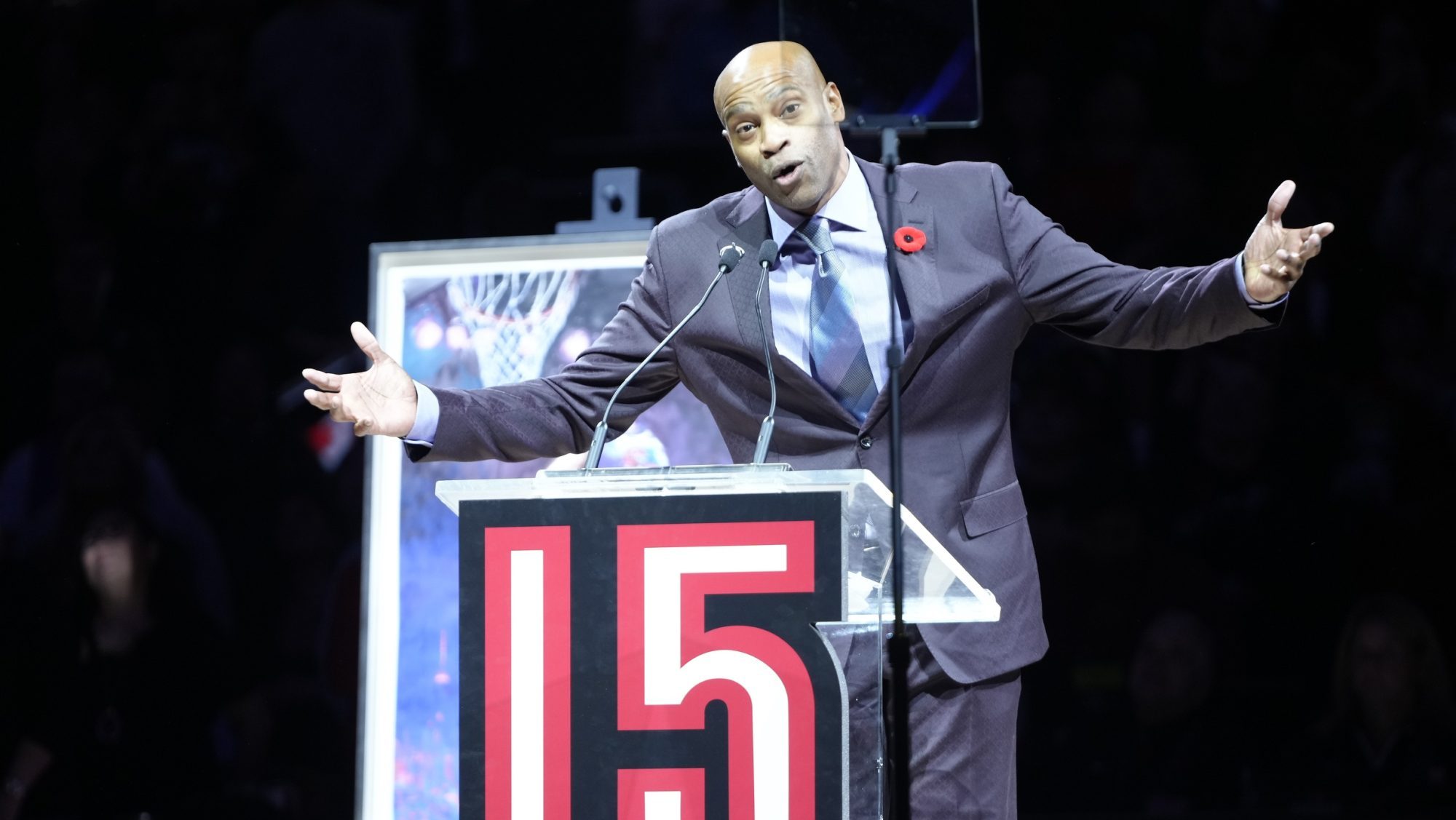
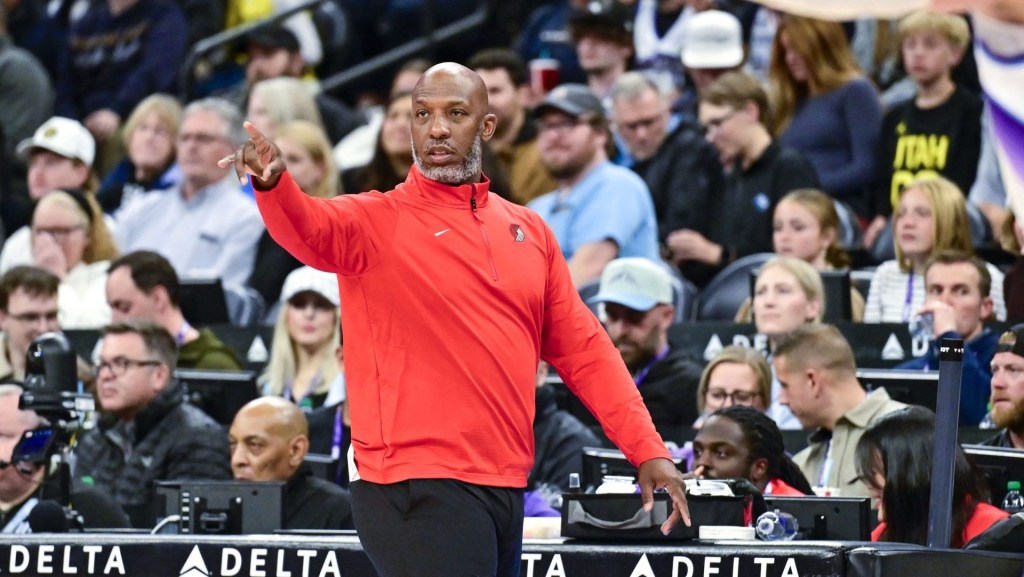
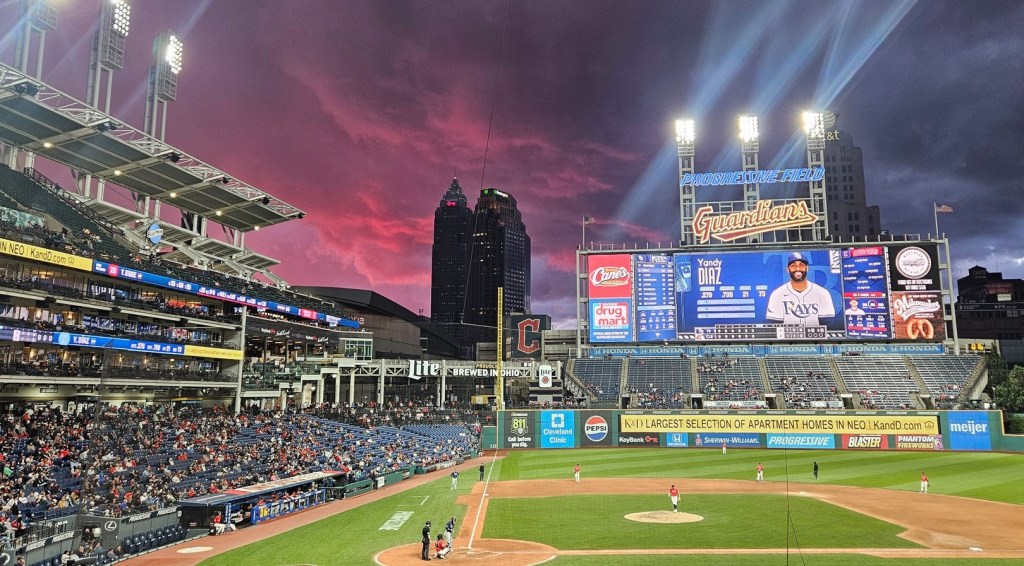
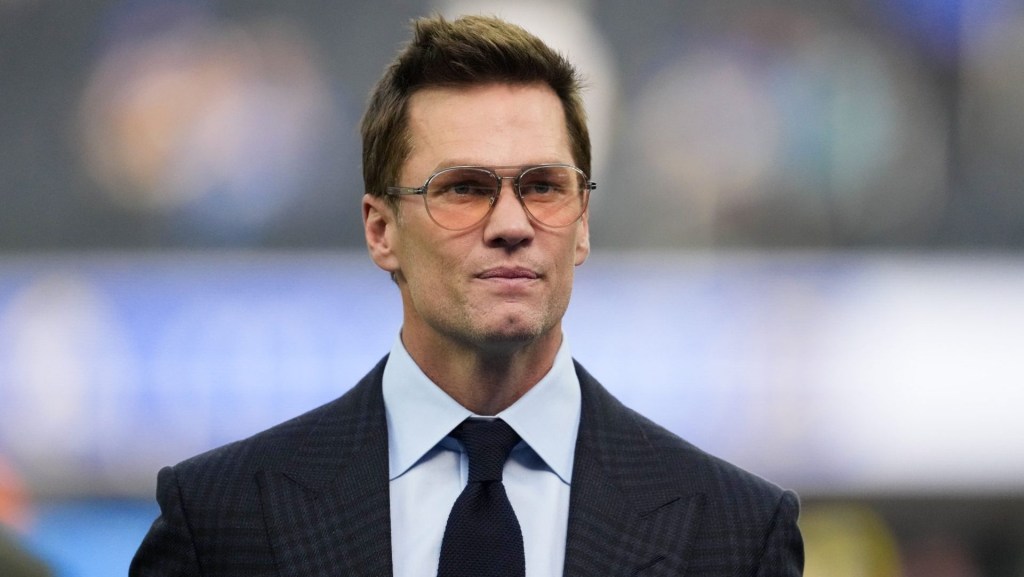
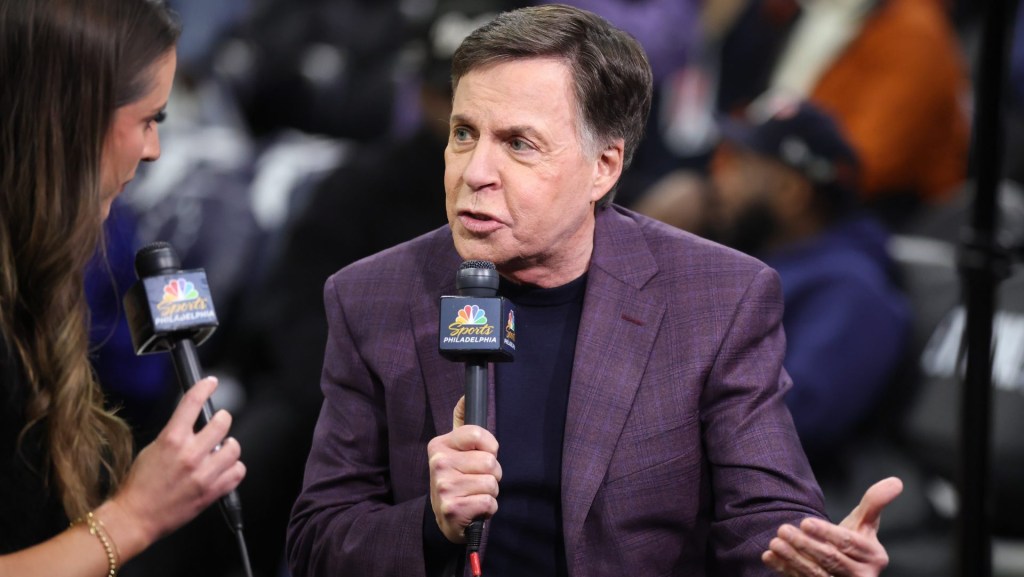


![[Subscription Customers Only] Jun 15, 2025; Seattle, Washington, USA; Botafogo owner John Textor inside the stadium before the match during a group stage match of the 2025 FIFA Club World Cup at Lumen Field.](https://frontofficesports.com/wp-content/uploads/2026/02/USATSI_26465842_168416386_lowres-scaled.jpg?quality=100&w=1024)
![[Subscription Customers Only] Jul 13, 2025; East Rutherford, New Jersey, USA; Chelsea FC midfielder Cole Palmer (10) celebrates winning the final of the 2025 FIFA Club World Cup at MetLife Stadium](https://frontofficesports.com/wp-content/uploads/2026/02/USATSI_26636703-scaled-e1770932227605.jpg?quality=100&w=1024)
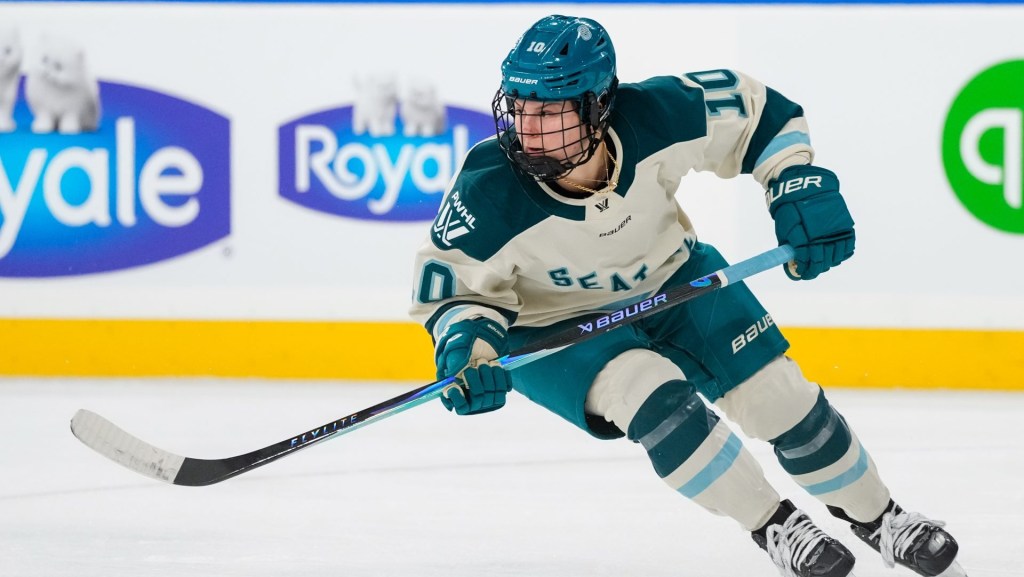



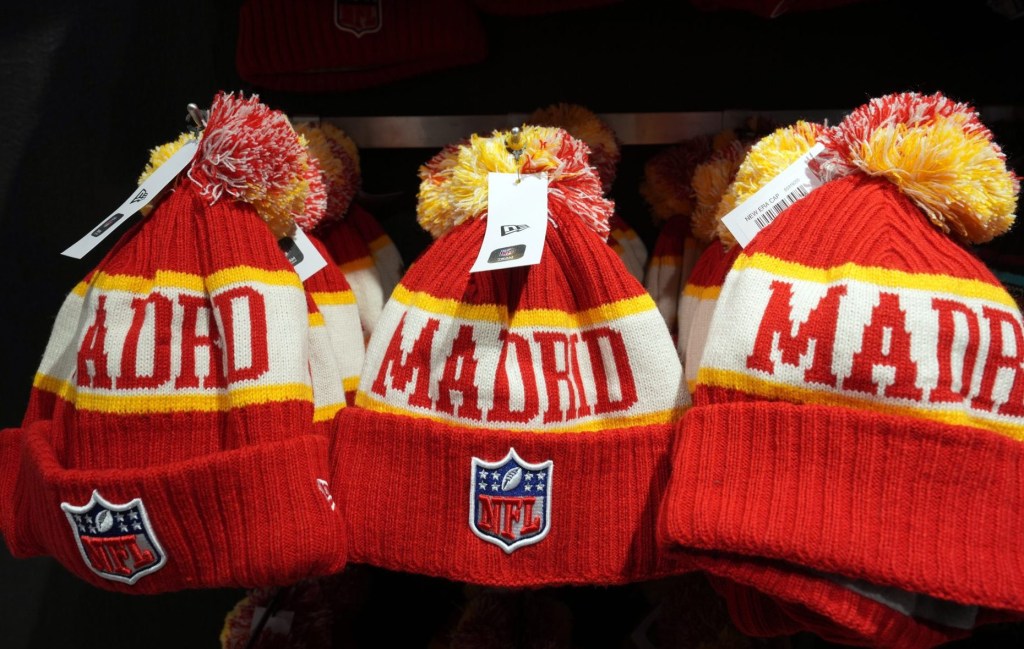
![[US, Mexico & Canada customers only] Feb 6, 2026; Riyadh, SAUDI ARABIA; Jon Rahm in action during the third round of play at LIV Golf Riyadh at the Riyadh Golf Club.](https://frontofficesports.com/wp-content/uploads/2026/03/USATSI_28173562_168416386_lowres-scaled.jpg?quality=100&w=1024)

![[US, Mexico & Canada customers only] Sep 28, 2025; Bethpage, New York, USA; Team USA's Bryson DeChambeau reacts after hitting his approach on the 15th hole during the singles on the final day of competition for the Ryder Cup at Bethpage Black.](https://frontofficesports.com/wp-content/uploads/2026/03/USATSI_27197957_168416386_lowres-scaled.jpg?quality=100&w=1024)
